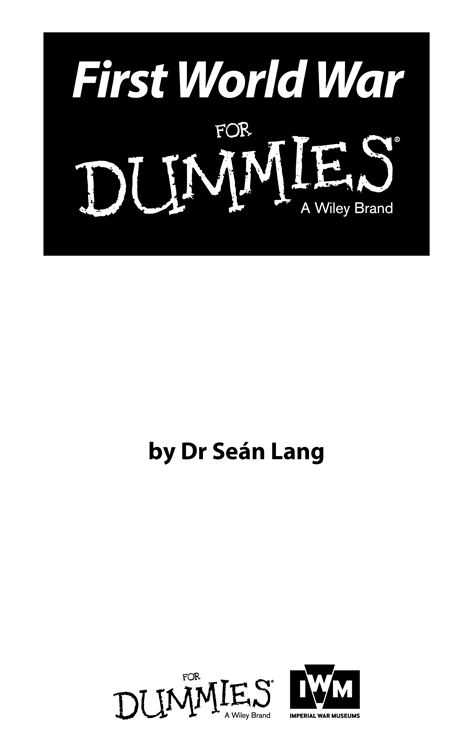
First World War For Dummies
Published by: John Wiley & Sons, Ltd., The Atrium, Southern Gate, Chichester ( www.wiley.com ) in association with Imperial War Museums
This edition first published 2014
2014 John Wiley & Sons, Ltd, Chichester, West Sussex.
Registered office
John Wiley & Sons Ltd, The Atrium, Southern Gate, Chichester, West Sussex, PO19 8SQ, United Kingdom
For details of our global editorial offices, for customer services and for information about how to apply for permission to reuse the copyright material in this book please see our website at www.wiley.com .
All rights reserved. No part of this publication may be reproduced, stored in a retrieval system, or transmitted, in any form or by any means, electronic, mechanical, photocopying, recording or otherwise, except as permitted by the UK Copyright, Designs and Patents Act 1988, without the prior permission of the publisher.
Wiley publishes in a variety of print and electronic formats and by print-on-demand. Some material included with standard print versions of this book may not be included in e-books or in print-on-demand. If this book refers to media such as a CD or DVD that is not included in the version you purchased, you may download this material at www.dummies.com . For more information about Wiley products, visit www.wiley.com .
Designations used by companies to distinguish their products are often claimed as trademarks. All brand names and product names used in this book are trade names, service marks, trademarks or registered trademarks of their respective owners. The publisher is not associated with any product or vendor mentioned in this book.
LIMIT OF LIABILITY/DISCLAIMER OF WARRANTY : WHILE THE PUBLISHER AND AUTHOR HAVE USED THEIR BEST EFFORTS IN PREPARING THIS BOOK, THEY MAKE NO REPRESENTATIONS OR WARRANTIES WITH THE RESPECT TO THE ACCURACY OR COMPLETENESS OF THE CONTENTS OF THIS BOOK AND SPECIFICALLY DISCLAIM ANY IMPLIED WARRANTIES OF MERCHANTABILITY OR FITNESS FOR A PARTICULAR PURPOSE. IT IS SOLD ON THE UNDERSTANDING THAT THE PUBLISHER IS NOT ENGAGED IN RENDERING PROFESSIONAL SERVICES AND NEITHER THE PUBLISHER NOR THE AUTHOR SHALL BE LIABLE FOR DAMAGES ARISING HEREFROM. IF PROFESSIONAL ADVICE OR OTHER EXPERT ASSISTANCE IS REQUIRED, THE SERVICES OF A COMPETENT PROFESSIONAL SHOULD BE SOUGHT.
For general information on our other products and services, please contact our Customer Care Department within the U.S. at 877-762-2974, outside the U.S. at (001) 317-572-3993, or fax 317-572-4002. For technical support, please visit www.wiley.com/techsupport .
A catalogue record for this book is available from the British Library.
ISBN 978-1-118-67999-9 (paperback); ISBN 978-1-118-67996-8 (ebk); ISBN 978-1-118-67997-5 (ebk)
Printed in Great Britain by TJ International, Padstow, Cornwall
10 9 8 7 6 5 4 3 2 1
Chapter 1
The First World War: An Overview
In This Chapter
 Giving the war a name
Giving the war a name
 Looking at what caused the war and who fought in it
Looking at what caused the war and who fought in it
 Scanning the fronts and theatres of war
Scanning the fronts and theatres of war
 Breaking through in technology and medicine
Breaking through in technology and medicine
 Reviewing the course of the war
Reviewing the course of the war
 Working out why the war still matters today
Working out why the war still matters today
You can find plenty of battles and generals and details in this book, and theyre all important to know about, but plunging straight into the events of the war can be a bit disorientating, especially if youre not quite sure of what else was happening in the period. So, in this chapter I try to give you a roadmap of the war, to explain who was fighting whom, where the fighting took place and to give you an overall shape of the way the war developed.
Thinking of the war having a shape might seem a bit strange if your picture of the war is essentially one in which soldiers spent their whole time sitting in the trenches, launching occasional suicidal attacks on the enemy lines. However, although it might not have seemed like it to the ordinary soldiers at the time, or to many people since, the war did have a shape and a direction: each side did try various ways to break through the enemy lines and to win. The generals and political leaders learned many hard lessons along the way and, believe it or not, they did try to avoid repeating their most disastrous mistakes. Of course, they didnt always succeed, but this chapter gives you an overview of what they were trying to do.
I Name This War Er, What Should We Call the War?
How about starting with the basics, like what exactly the war should be called? This might sound like a silly question, but its not. Wars dont come ready-packaged with a name on top: they usually get named after theyve happened and people often disagree sometimes quite sharply on what to call them. For example, what the Russians call the Great Patriotic War is, to the rest of the world, a little thing called the Second World War. The Russian name suggests that the war on the Eastern Front was the most important area of conflict and that the rest was just a sideshow. Seeing why some other countries may disagree isnt hard!
Even the dates of wars can be problematic. Most of the countries involved in the First World War went to war in 1914, but not all of them: Italy only entered in 1915, Romania in 1916 and the United States not until 1917. Most people think the war ended in 1918, but it didnt: the fighting ended then, but the war itself wasnt over (and it could have been renewed at any time) until the peace treaty was signed, which was in 1919. Some war memorials do carry the dates 19141919 and people often think its a mistake, but in fact those memorials are the ones that get it right!
While it was going on, people usually referred to the war as the European War or the Great War a name that people often still use today. (Of course, no one called it the First World War at the time for the very good reason that there hadnt been a second one then!) Towards the end, people sometimes referred to it as the War to End All Wars: the war had been so costly and so terrible that it had to have been fought for something. (Not surprisingly, after the Second World War, this phrase became something of a bad joke.) With similar optimism, US President Wilson sometimes called it a War to Make the World Safe for Democracy, though that certainly wasnt what anyone had in mind when they started it. Years later, after the Second World War, some people did refer for a while to the First and Second German Wars, which suggested that the Germans had been entirely responsible for them both, but the names havent lasted and were never entirely accurate anyway.
More recently, and especially in the non-western world, some historians have questioned the use of the term world war. The far-away quarrels between Austria-Hungary and Serbia or between Britain and Germany were of no interest to people in Africa or Asia, and they only got dragged into them by their European colonial masters. What was really happening, these scholars say, was a European Civil War the first of two. Its not difficult to see where this idea comes from, but it rather ignores the role played by non-European countries such as Japan, China, the United States and some of the South American states, which werent European colonies and which came into the war very much following their own agenda.
Next page

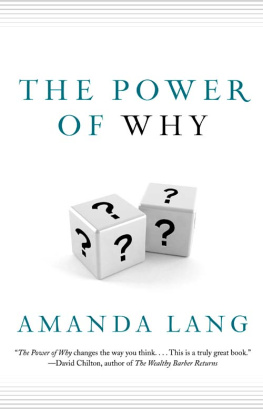


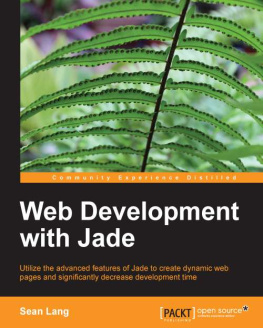

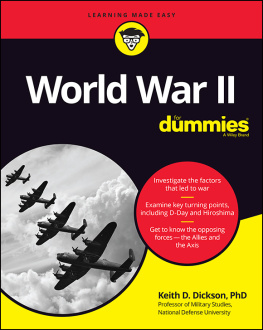
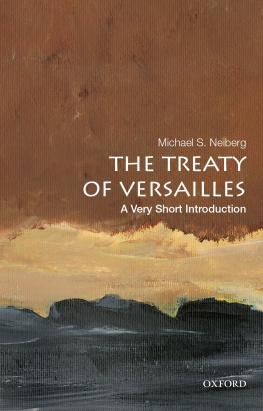

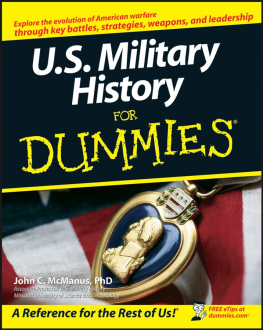
![Spencer C. Tucker - World War II [5 Volumes]: The Definitive Encyclopedia and Document Collection](/uploads/posts/book/128138/thumbs/spencer-c-tucker-world-war-ii-5-volumes-the.jpg)

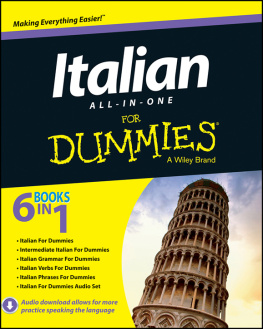
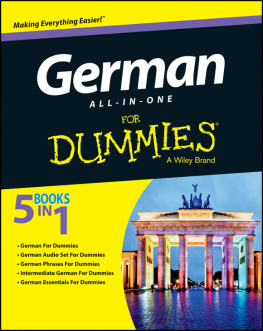
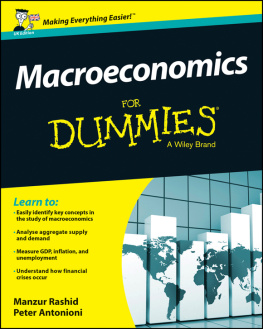
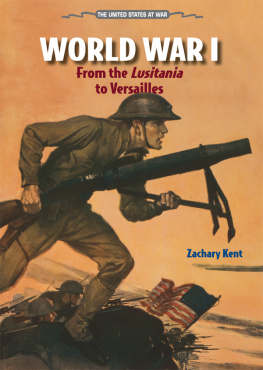
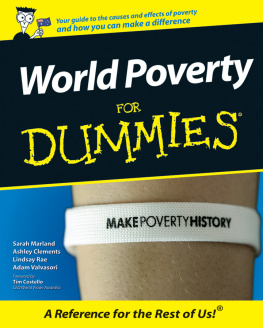

 Giving the war a name
Giving the war a name